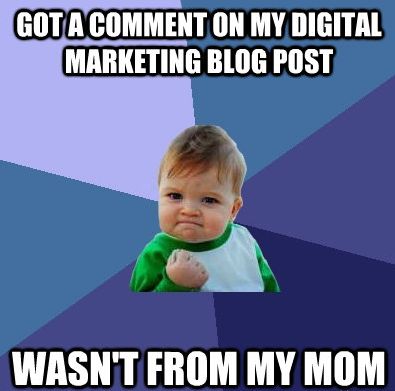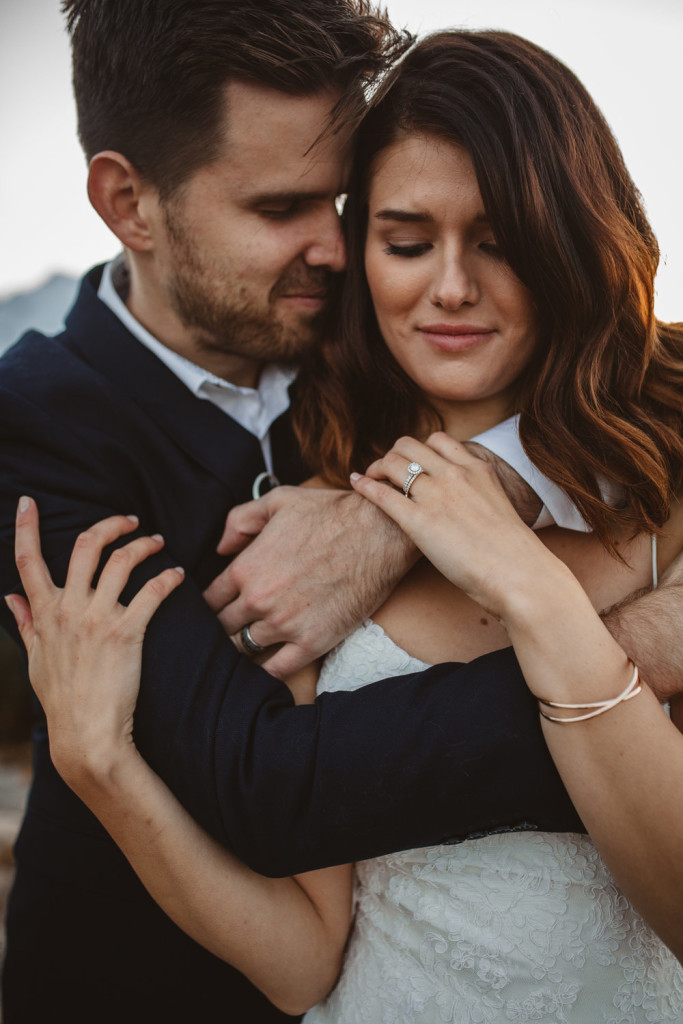Let’s be real for a second. Like, actually 100% truthfully real. As a business person, it’s (most likely) bad if you are actually being authentic. So, let’s become strategically authentic.
This post is primarily for content creators of any kind of media, but it applies to pretty much everybody. Most of us have seen the #liveauthentic hashtags out there, and the many different articles about how it’s important to be authentic in order to gain friends, clients, and even your own happiness. I think there is a huge difference between being ‘authentic’ and ‘strategically authentic.’ Personally, I truly wish that everybody could be 100% authentic, 100% of the time. It would make life interesting, you would see a person’s true character, and you would get through life faster (or slower, depending on what your true nature is, haha). Either way, transparency is an amazing thing.
Being strategically authentic isn’t being fake.
From my personal experiences with real friendships, authenticity is 100% key. Tell all the inappropriate jokes you want, cuss, and be yourself. Absolutely. Business is a totally different ballgame, though. And sadly, every “personal” account I have through social media is now directly connected to the success I have in my professional life.

It would be great if I could post my thoughts and feelings over Trump, his cabinet, and the destruction our climate change policies… but that would only create a firestorm of comments, arguments, debate, and everything poor when it comes to business (for the kind of business I am in). I can’t take a stance one way or the other (even though in my head I certainly do). If I were to say I’m “pro-choice” or “pro life” I may actually lose clients on one end of the spectrum or the other, even though it’s a totally personal opinion that shouldn’t affect a persons character… and especially not their business professionalism. Same goes for if I were to say I support same-sex marriages (which I totally do). The list goes on.
Take note that I mentioned, “for the kind of business I am in.” Every business is different, every brand is different, and each strategy should be different with your brand positioning. If I was a scientist or research development engineer in the climate change industry, you are damn right I’ll be posting about climate change issues and related topics. But I’m not. I’m a wedding photographer. My clients are couples who are deeply in love, in one of the most exciting times of their life, and they are looking to hire a photographer that they 1) 100% trust in capturing one of the most special days of their entire life, and 2) love your personality, enthusiasm, and excitement. They don’t want to be seeing my posts on who got appointed to which seat in the House. They want to see what I am doing to prepare for their big day and what I have accomplished along the way — in my field of expertise — the field they are hiring me for.
Over the years, I have told myself “who cares if you lose clients if they don’t align with your personal beliefs.” And 99.99% of the time, I still feel that way. That is, until I post something personal on my personal pages and I see the firestorm first-hand like I mentioned above. If you are my friend on Facebook, you know some of those posts.
Being strategically authentic means to share your positivity.
Any negative perception over my personal character has a direct correlation of a respective negative perception on my brand — because I AM MY BRAND, and you are your brand. How I carry myself in public arenas (in real life, as well as on social media – since both are public arenas), is how people assume my photography brands also carry themselves. That said, I do not want to propagate the endless stream of being fake in a world of smoke & mirrors. It’s about finding a middle ground.
Now, there’s something called being “strategically authentic.” And it’s something I recommend to every business owner. Business is another thing entirely. It’s important not to #liveauthentic, but to be “strategically authentic.” Unless you want the risk of losing your client base. I’ll explain more below.
I’ll put this simply as I can. Some clients might love you for who you are and book you for your personality. Some might book you for your professionalism, expertise, experience, and quality of the finished product/service. Some might like your fart jokes and book you for your humor. Some might think you are the weirdest person on the planet and feel super uncomfortable.

Think about it this way, if you are working with a real estate agent and you are friends with them on social media… you won’t want to see that they are going through a horrific breakup, a drug relapse, an eviction of their own, or see them constantly getting in petty arguments online. It’s simply not professional, and you are only going to want the most professional people representing you in your largest investment you have. The same philosophy goes for wedding photographers and other types of businesses.
Don’t be fake.
Don’t be fake, but don’t be *overly* authentic when it comes to your business world in public arenas.
Put some of your “real self” into your website. Put it into your social media. Just back off a bit once it gets uncomfortable to your customers (both actual and potential). I don’t think there’s any harm in being “strategically authentic” when it comes to your business and livelihood. After all, the #liveauthentic hashtag REALLY should be called #strategicallyauthentic. Now that would be some honesty.
Here are some business rules to take into consideration over how you choose to position yourself in the industry:
- A customer is 4 times more likely to defect to a competitor if the problem is service-related than price- or product-related – Bain & Company
- For every customer complaint, there are 26 other unhappy customers who have remained silent – Lee Resource
- 96% of unhappy customers don’t complain, however, 91% of those will simply leave and never come back – 1Financial Training services
- It takes 12 positive experiences to make up for one unresolved negative experience – “Understanding Customers” by Ruby Newell-Legner
- A 5% reduction in the customer defection rate can increase profits by 5 – 95% – Bain & Company.
- It costs 6–7 times more to acquire a new customer than retain an existing one – Bain & Company
I’ve been thinking this for a long time (years), but never has it been so well put until I read an article from content marketing guru Mark Schaefer. Make sure you visit his website, https://www.businessesgrow.com/, and follow his lectures. His advice is on point and invaluable for your business growth.

 Photo by Kim Butler. Thank you Kim! We absolutely love the photos you captured of us. #actuallyauthentic
Photo by Kim Butler. Thank you Kim! We absolutely love the photos you captured of us. #actuallyauthentic
- How Haley and I met
- How I proposed
- Our adventure through the Caribbean right after I proposed
- See more from this on how Haley and I met and got to know each other.
To being strategically authentic, with fart jokes… KG.